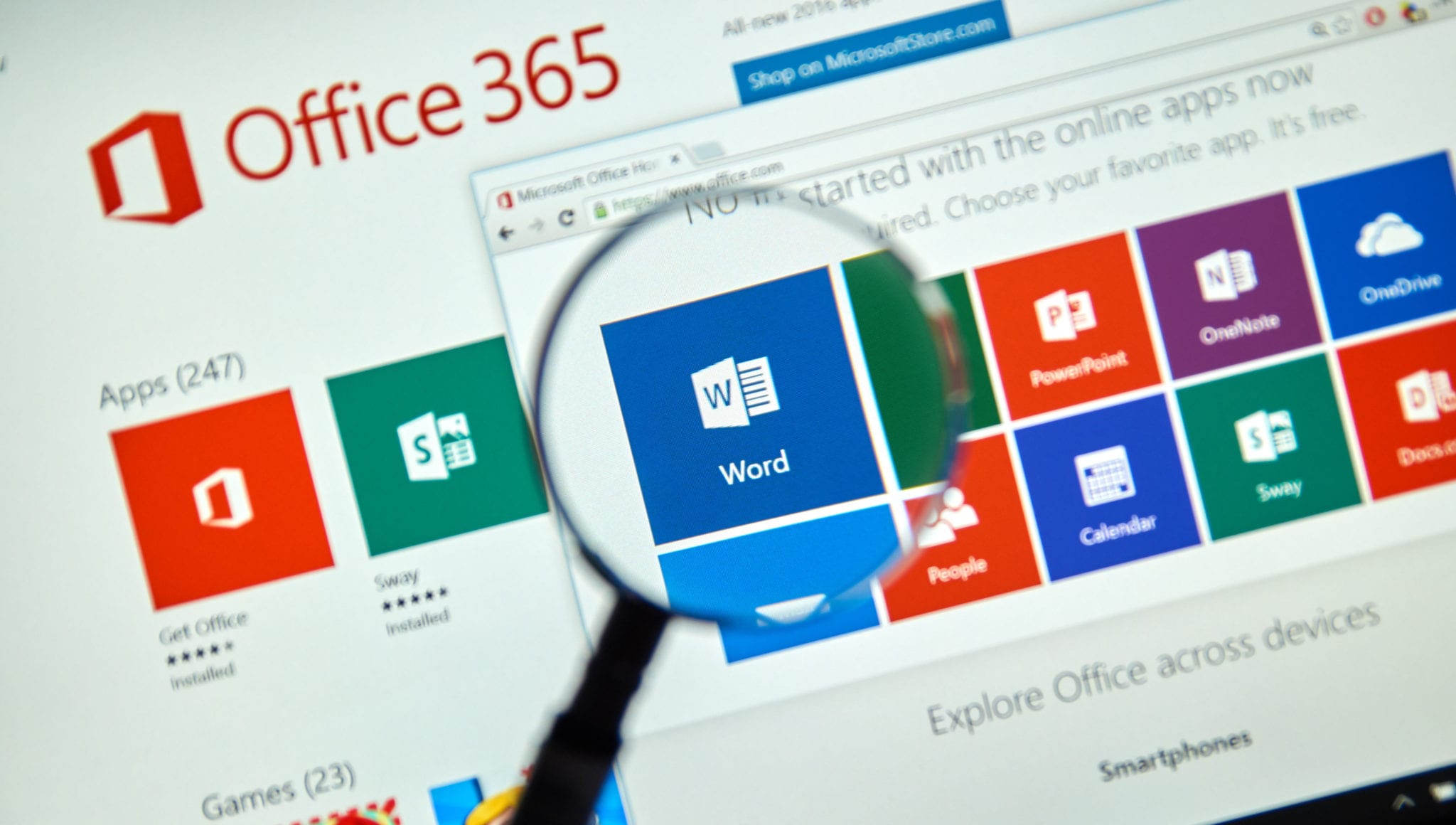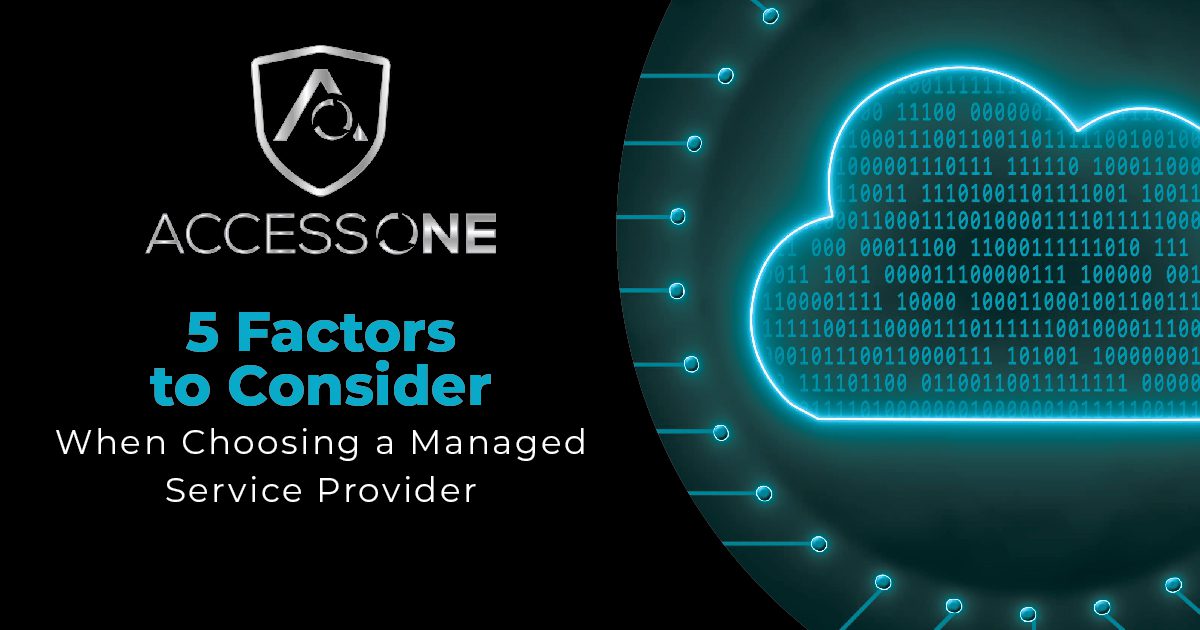Software subscriptions are the new thing – with more and more companies offering the choice between a subscription and outright purchase. It is likely that in the future, subscription will become the only option. Microsoft Office is not alone in offering a subscription option, but should your business use it?
For now, at least, it is still possible to buy Office outright for Home and Business and the more fully-featured Office Professional (the latter, however, is still not available for Macs). These are available as a traditional software download. It is also possible to subscribe to two levels of Office 365 – Business and Business Premium with additional capabilities. So, what do you need to consider when making the decision? The biggest problem with a subscription is that if your subscription ends, your access to the service immediately goes away. This is obviously not as much of a concern with a company like Microsoft as with a smaller provider – but you are basically committing to paying the subscription costs forever.
And, of course, Microsoft can increase those fees at any time (You pay per year). With an outright software download, there is a one-time fee for the cost of the product. This needs to be weighed against what you get with a 365 subscription. Access to One Drive also comes with the standalone purchase, but there are quite a few perks Microsoft is offering to sweeten the deal. For example, if you purchase the software outright it is licensed for a single Mac or PC, period, and Microsoft has ways of enforcing this. If you’re a smaller business and only need software on a few computers or devices, the cost could be significantly lower than with the cloud-based option.
With the subscription, each user’s license covers 5 phones, 5 tablets and 5 PCs or Macs – meaning that you can use it on your phone, tablet, laptop, work desktop, home desktop… There is no need to buy a second license for a laptop or to cover an employee working from home. The biggest perk, however, is the much greater ability to collaborate. 365 includes in-browser versions of Word, Excel, and PowerPoint, letting your employee work on somebody else’s computer without needing to install the software and allowing for the same editing and collaboration seen with services such as Google Docs. If you go with the more expensive Premium, you also get SharePoint (which allows for easier sharing of presentations on the web), Microsoft Teams, Microsoft’s Yammer collaboration tool, a pretty good staff management tool, invoicing software…you pretty much get everything including video conferencing and email. For a small to medium-sized company, this can make a tremendous amount of sense, as you can cover a lot of your IT needs with a single subscription. Software updates across computers and devices also need to be considered.
Data can be transferred from desktops to mobile or tablet. But depending on how you tend to upgrade your software, cloud vs. traditional software should be considered. Office 365 subscribers will get any and all new versions as long as they as still subscribed. They will also get the changes as they are released rather than the traditional software “update cycle.” In short, Microsoft has gone out of their way to make the 365 subscription a more attractive option than simply buying the software.
There are more features with expanded options that are better suited for larger companies or those in need of collaboration tools. If you are not sure what the best option for your company is, you’ll want to talk to your rep at Access One about your course of action – and how to integrate Office 365 into your existing IT plan. There are many options at different price points, let us help you figure out which version is best for your business.















